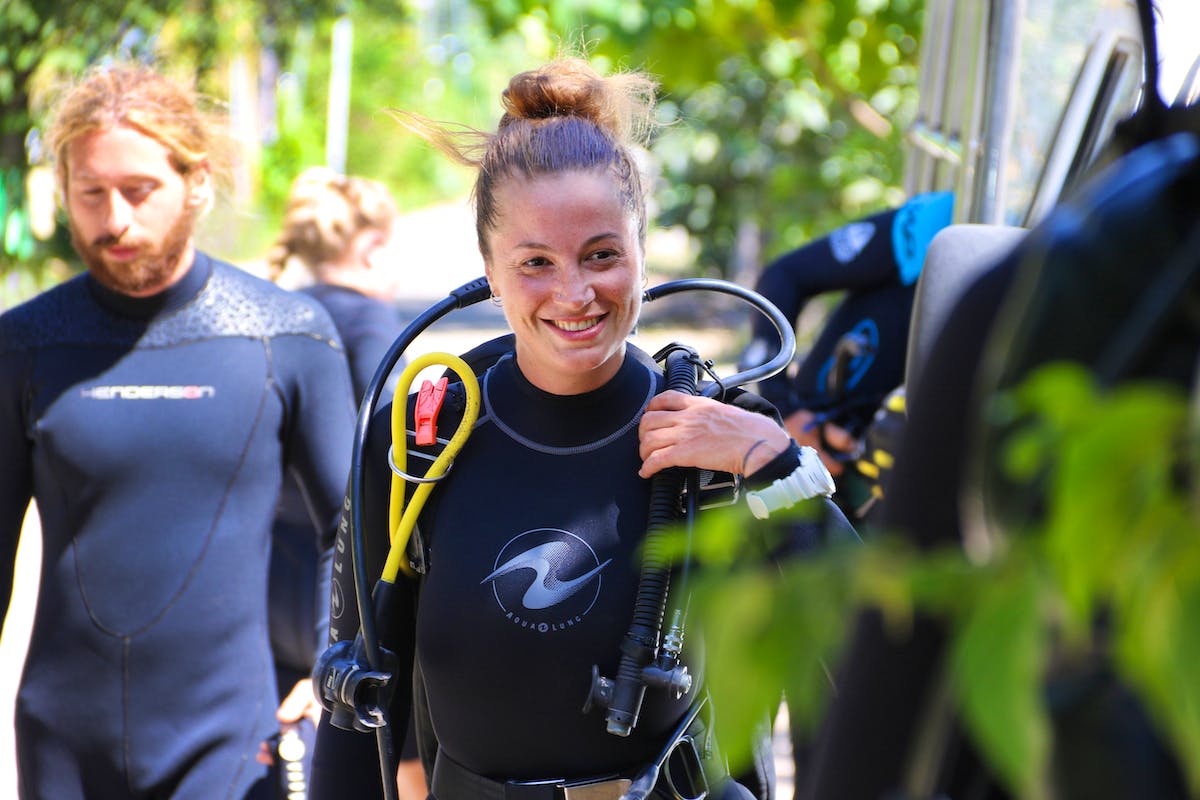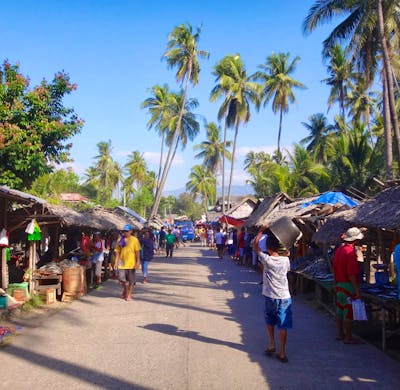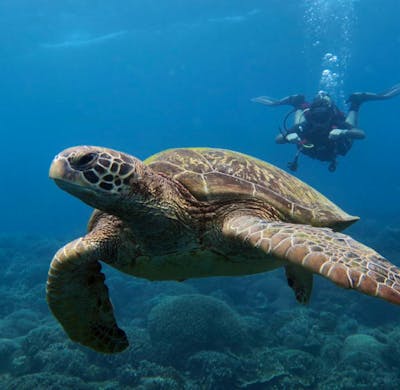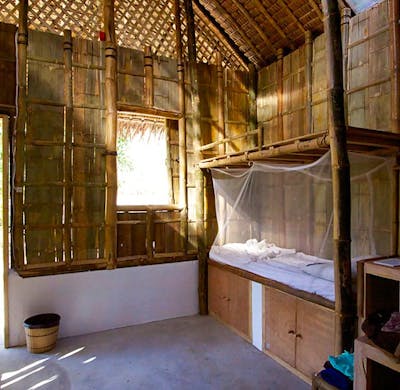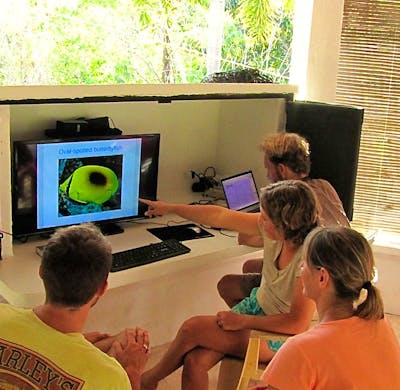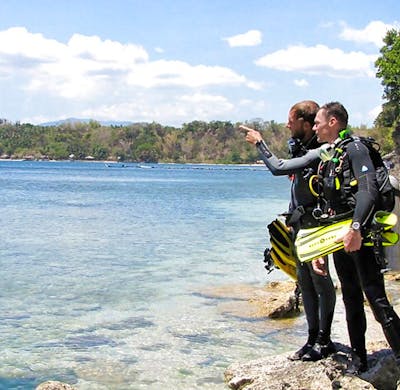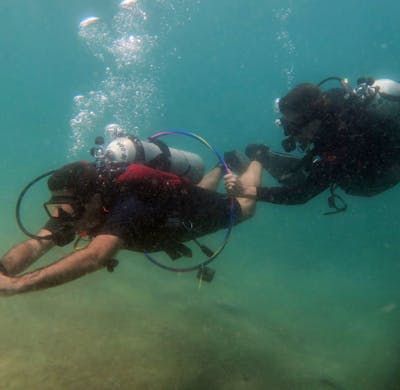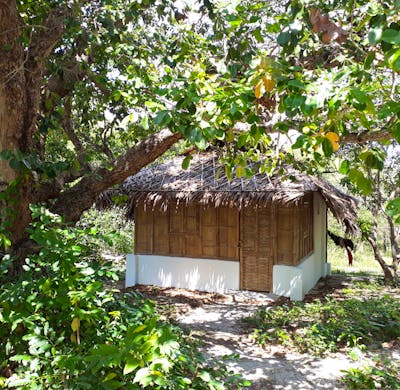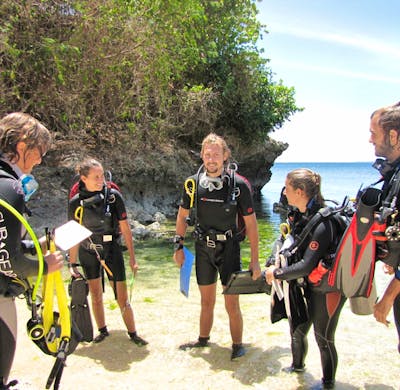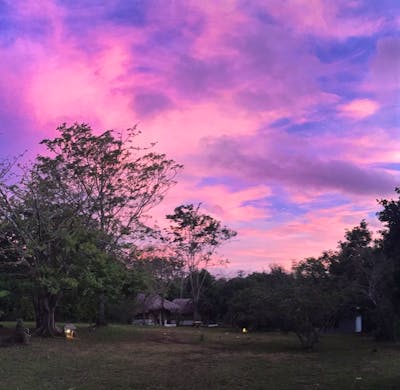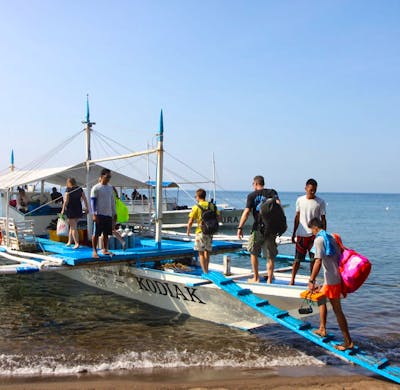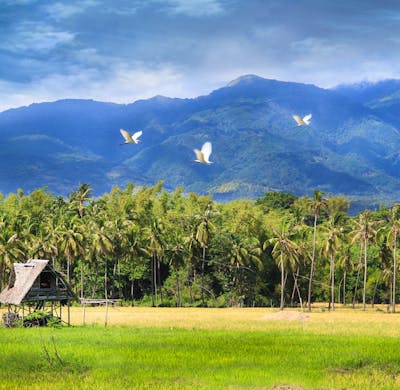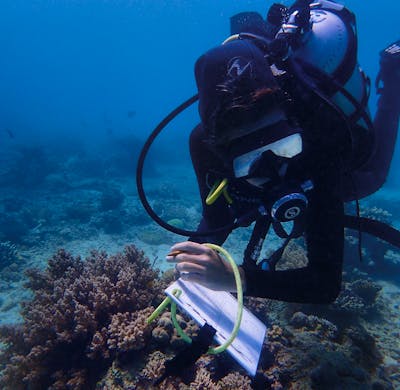a partir de 1.960€
Citizen Science Marine Conservation Expedition
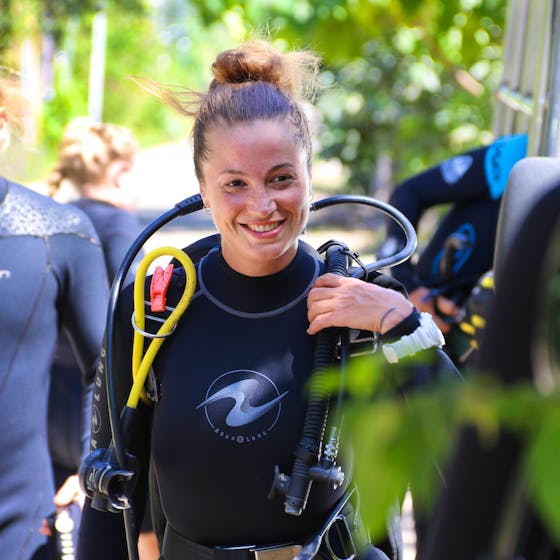
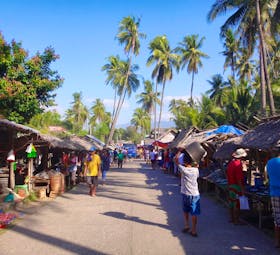
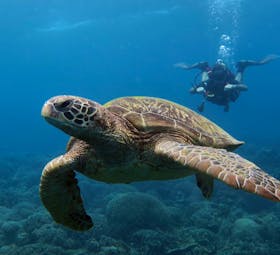
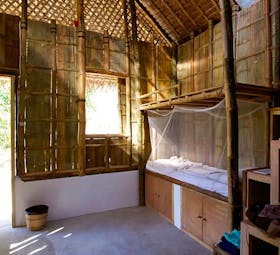
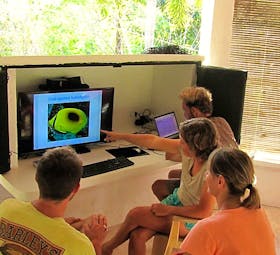
Destaques
- Volunteer and help conserving the marine environment in the Philippines
- Acquire and develop excellent diving skills throughout the project
- You help make a difference and help real conservation efforts
- Use the outdoor jungle gym or visit the whole botanical garden which is more than ten hectares
- Explore neighbor islands throughout the weekends and cliff dive into amazing azure blue lagoons
Especialmente adequado para
Sobre o programa
You're an experienced diver. Join us as a scuba volunteer, learn scientific diving with our scientists and biologists, and meet lifelong friends from all over the world.
Most volunteers who join us do training through the PADI curriculum, and either learn scuba diving or improve their skills through continued education courses. This particular 4 week program is however for people who do not have so much time, (normally the shortest possible stay is 6 weeks) but ...
Dia típico
While you stay with Marine Conservation Philippines, there’s a great number of projects you can participate in. In fact there’s so much to do, that you can’t do it all. Some of our projects are continually ongoing – for example hands-on beach clean ups and the surveying of coral reefs. While ...
Actividades em tempo livre
When you volunteer, you will be busy. There is not a lot of free time - the day starts early at seven, and often you're not done with the work for the day until the late afternoon. You will generally dive twice a day, six days a week. You're tired when you're done! In the weekends however, there ...
Requisitos
Serviços incluídos
O que NÃO está incluído?
Detalhes à chegada
Marine Conservation Philippines accepts new volunteers every second Monday.
Preços do programa
Conheça seu anfitrião

Marine Conservation Philippine
Non-profit - fundada em 2015
Verificado por Volunteer World
Hospedado por
Soren
Sobre o projecto
28 revisões ·  5
5
Localização

Pode também estar interessado em
-
Recife de Coral
Mergulho
Maiores de 50
Grupo
Projectos no estrangeiro
Casais
Viagens Solidárias
